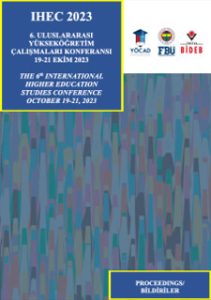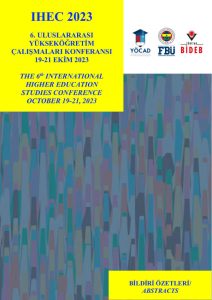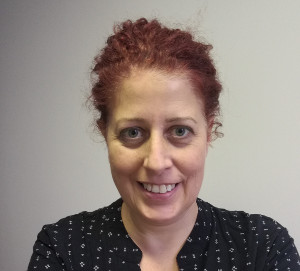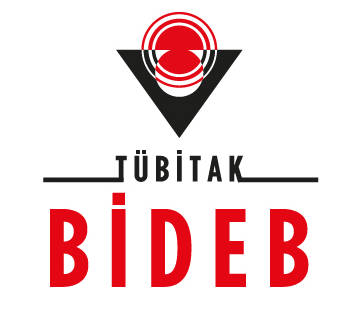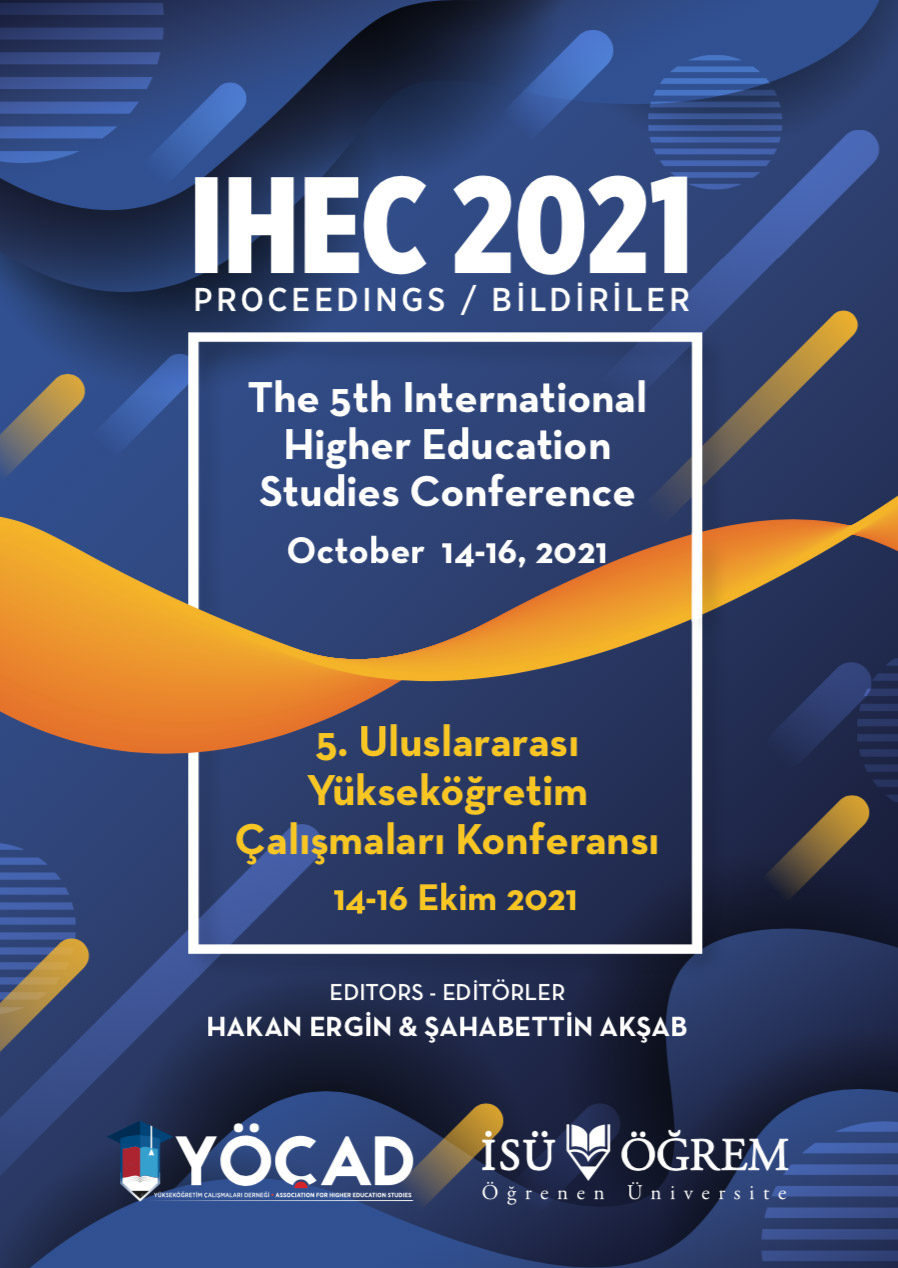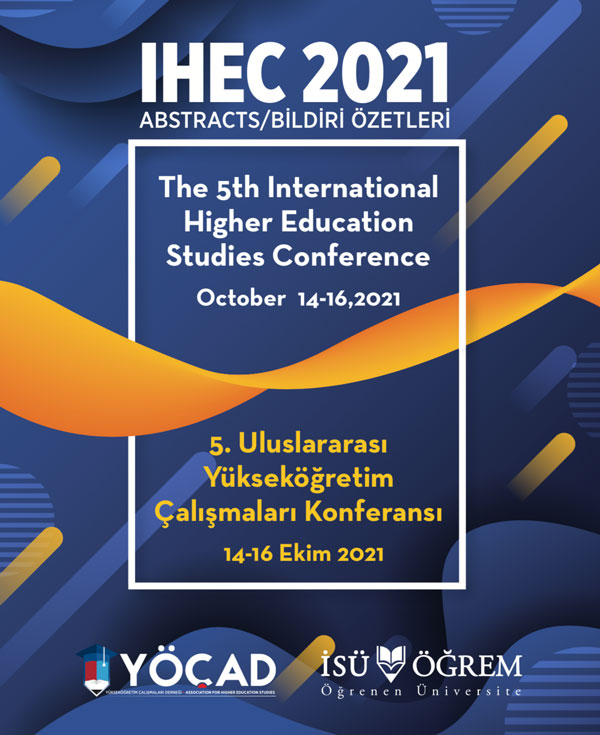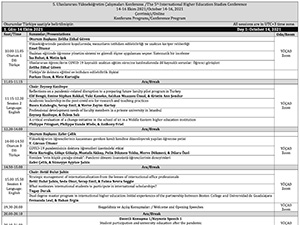Full Text Proceedings, Journal of Theory and Practice in Education and Journal of Higher Education Governance & Policy Publication Process
Researchers who would like to proceed with the publication process will have three options: Full Text Proceedings, Journal of Theory and Practice in Education (EKU) or Higher Education Governance & Policy Journal (HEGP). Author(s) can only choose one of the options above; in other words, author(s) cannot publish the same paper in both proceedings book and in the journals. Please see the further details on these three options below:
(1) The Full Text Proceedings Book by YÖÇAD:
The deadline for the submission of the Turkish or English full texts is November 1, 2023. The full-text papers should be submitted as a word document to yocad.ihec@gmail.com in the format below determined by the conference organizing committee.
Full text papers (after the confirmation of the conference attendance) will be published following the decision of the editors after the necessary editing and changes are made by the book editors together with the authors.
Full Paper Book Format
You can reach the full paper book format in this link. (PDF)
You can download the full paper book format from this link. (docx)
(2) The Journal of Theory and Practice in Education (EKU):
A special issue of the Journal of Theory and Practice in Education will be published in Turkish. The papers presented at the conference in English can also be published in this journal if they are translated into Turkish. The deadline for the submission of Turkish texts is November 1, 2023. You can access the details of the publication process via the links below:
– Journal website: https://dergipark.org.tr/tr/pub/eku
– Journal writing guide: https://dergipark.org.tr/tr/pub/eku/writing-rules
– Journal indexes: https://dergipark.org.tr/tr/pub/eku/indexes
The submitted articles (with the confirmation of the conference participation) will be published depending on the decisions of the refereeing process to be carried out by the special issue editors.
(3) The Journal of Higher Education Governance & Policy (HEGP):
The Journal of Higher Education Governance & Policy (HEGP) will be published in English. The papers presented in Turkish at the conference can also be published in this journal if they are translated into English. The annual regular issue of the journal will be published. The deadline for the submission of English texts is November 1, 2023. You can access the details of the publication process via the links below:
– Journal website: https://dergipark.org.tr/en/pub/hegp
– Journal writing guide: https://dergipark.org.tr/en/pub/hegp/writing-rules
– Journal indexes: https://dergipark.org.tr/en/pub/hegp/indexes
The submitted articles (with the confirmation of the conference participation) will be published depending on the decisions of the refereeing process to be carried out by the journal editors.

